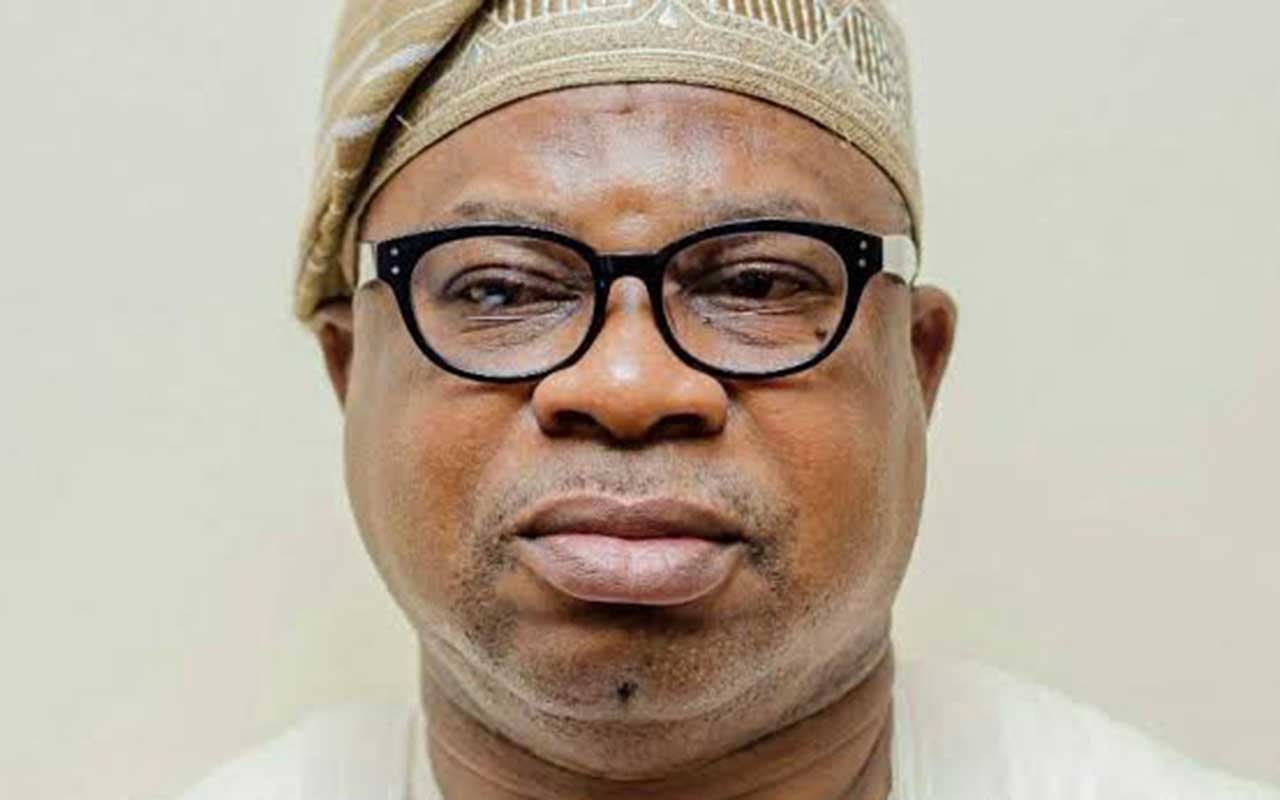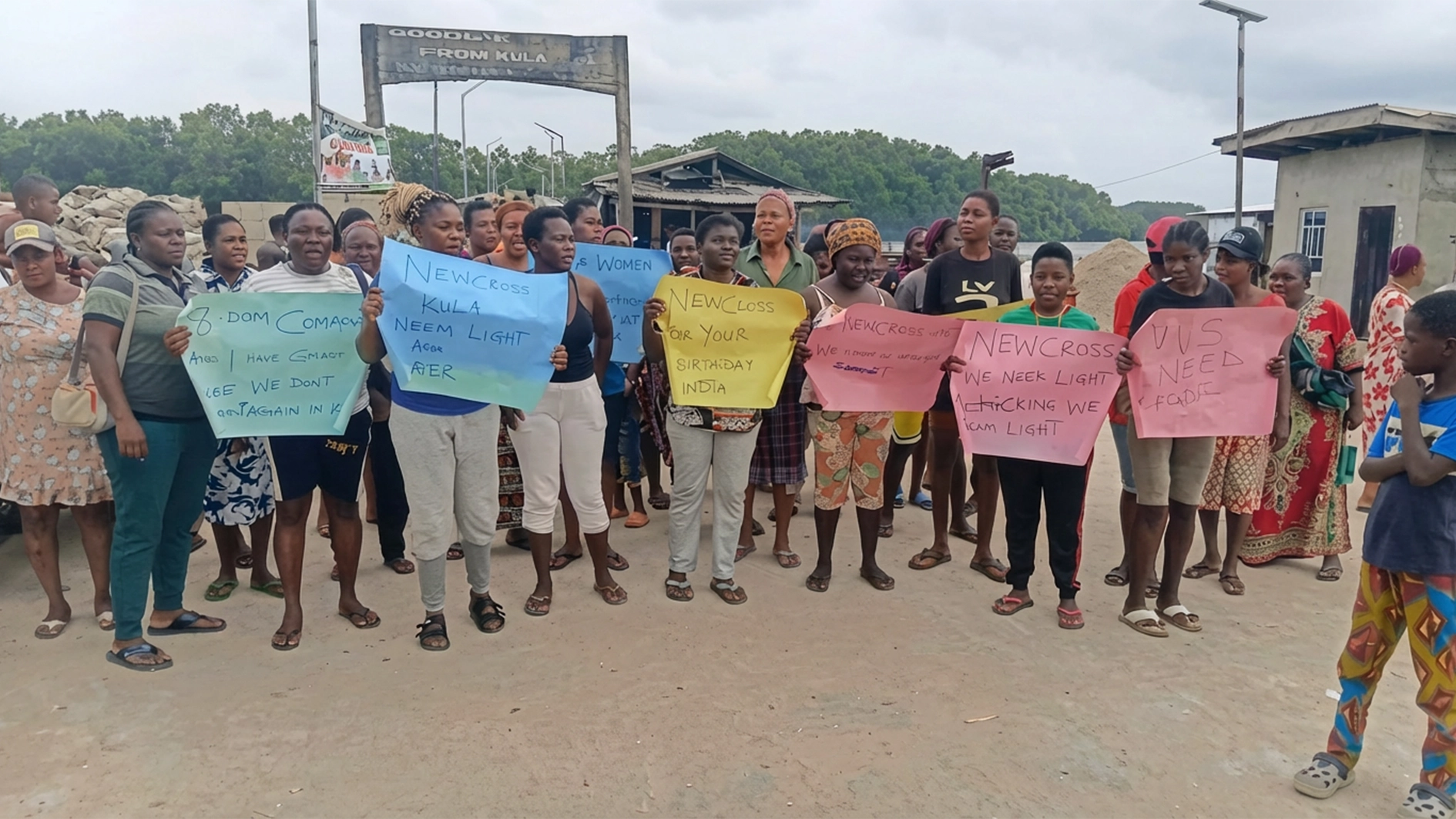
Oyebamiji made the disclosure while addressing members of the House of Representatives Committee on NIWA during their oversight visit to the authority’s headquarters in Lokoja.
He emphasised that 99 per cent of the accidents on waterways stem from avoidable human mistakes.
He explained that some operators under the influence of drugs make critical errors, while others flout safety rules, such as overloading boats.
“It is disheartening to see wooden boats meant for a few passengers carrying up to 150 or 200 people,” Oyebamiji said, adding that the penalty for such violations is a mere N30,000 under the current regulatory framework.
The NIWA chief also highlighted funding challenges hampering the agency’s efforts to improve waterway safety.
He revealed that no funds were allocated for dredging projects in the 2024 capital budget, forcing the agency to rely on internally generated revenue (IGR) to sustain operations. These funds have been channelled into essential areas, including staff costs, routine maintenance, and critical projects.
“To achieve NIWA’s mandate of infrastructure development, channel maintenance, and operational efficiency, we have submitted a comprehensive cash plan to the Federal Ministry of Finance to ensure timely disbursements,” Oyebamiji noted.
He urged the Committee to advocate for increased funding to enhance the authority’s operations.
In response, the Chairman of the House Committee on NIWA, Mr Ojema Ojotu, acknowledged the strategic importance of inland waterways to Nigeria’s transportation network.
He stressed the need for modernised infrastructure, such as inland ports and navigable channels, as well as human capacity development and the procurement of safety equipment.
“As representatives of the people, we must ensure this sector’s potential is harnessed effectively,” Ojotu said. “Boat mishaps, flooding, and outdated infrastructure must be addressed to enhance safety, efficiency, and economic viability.”
Ojotu assured that the Committee would continue to advocate for policies and funding to support NIWA’s operations and promote sustainable development.
He added that exploring alternative financing models could help address the infrastructure and capacity-building needs of the authority.






